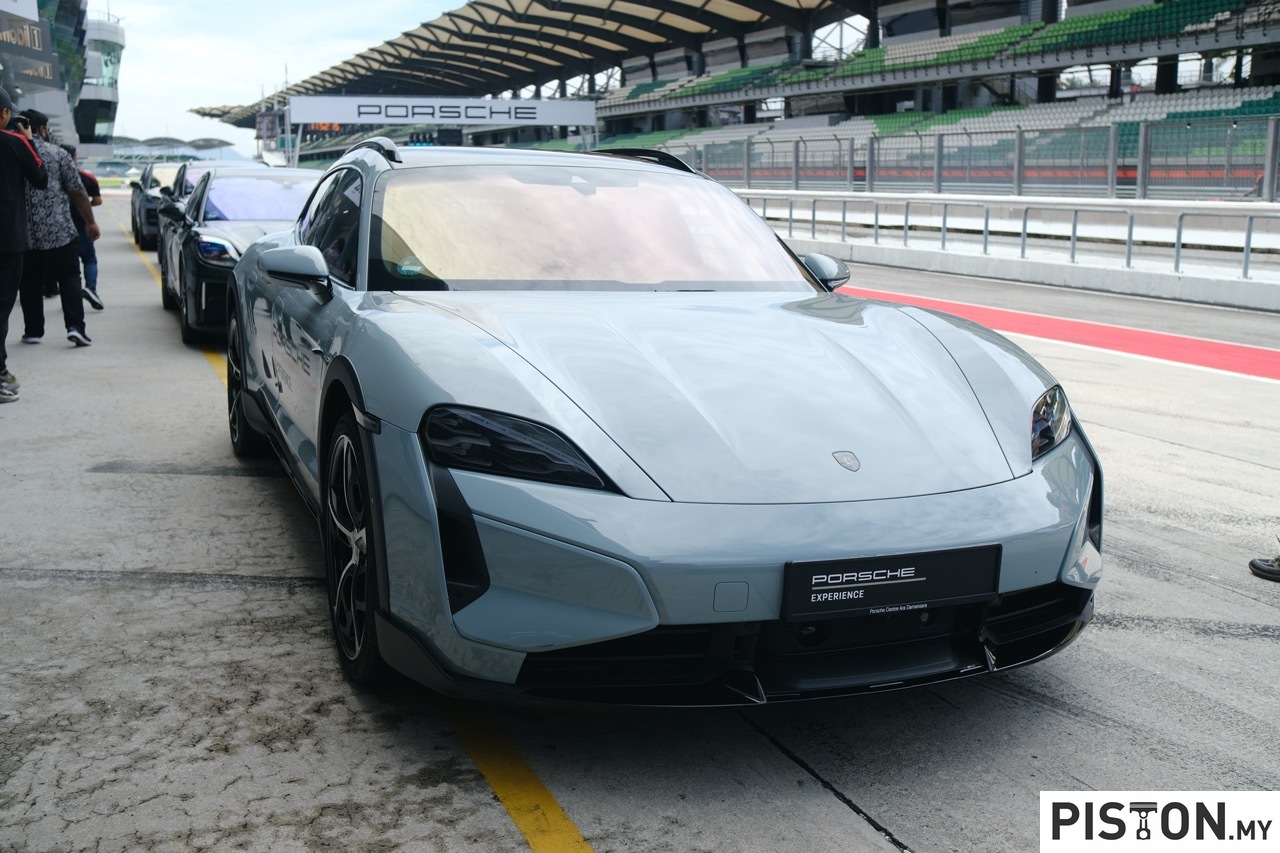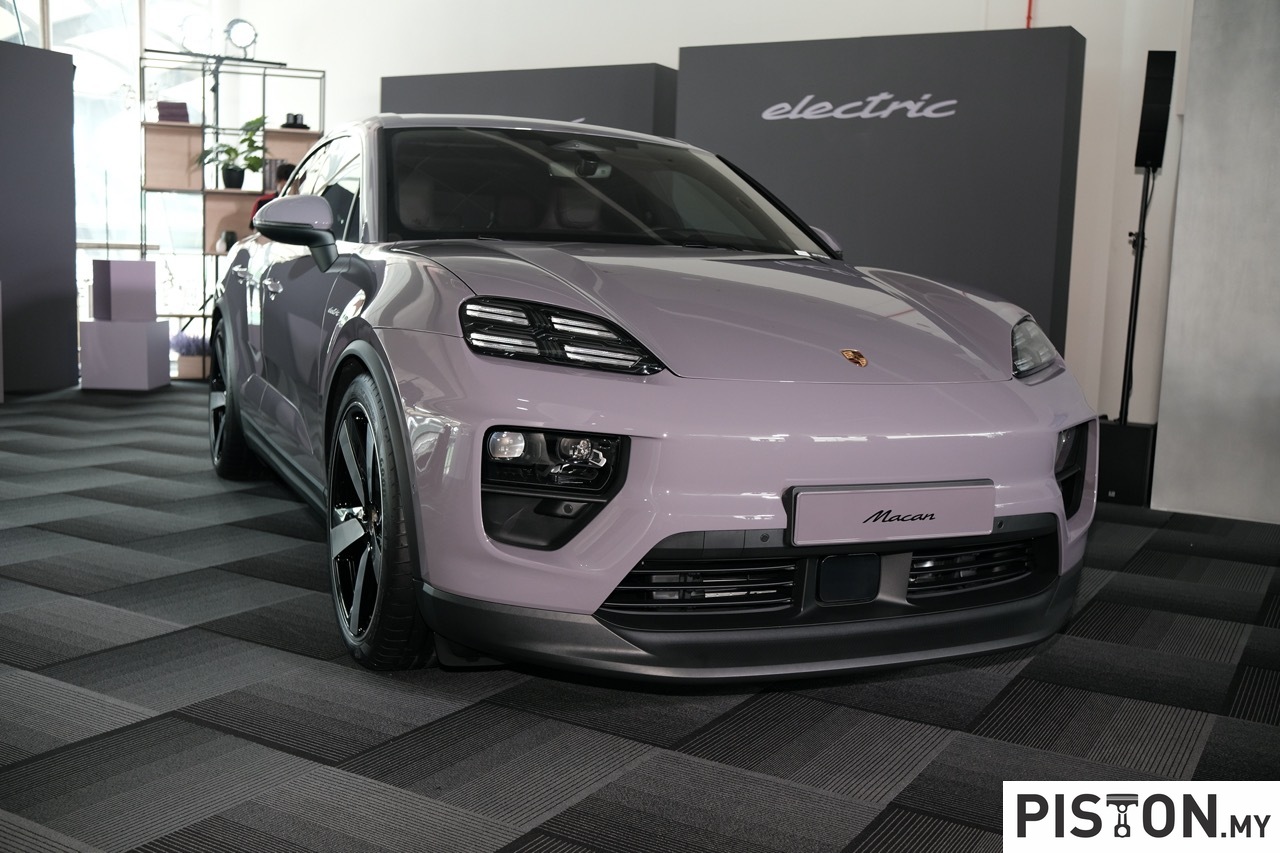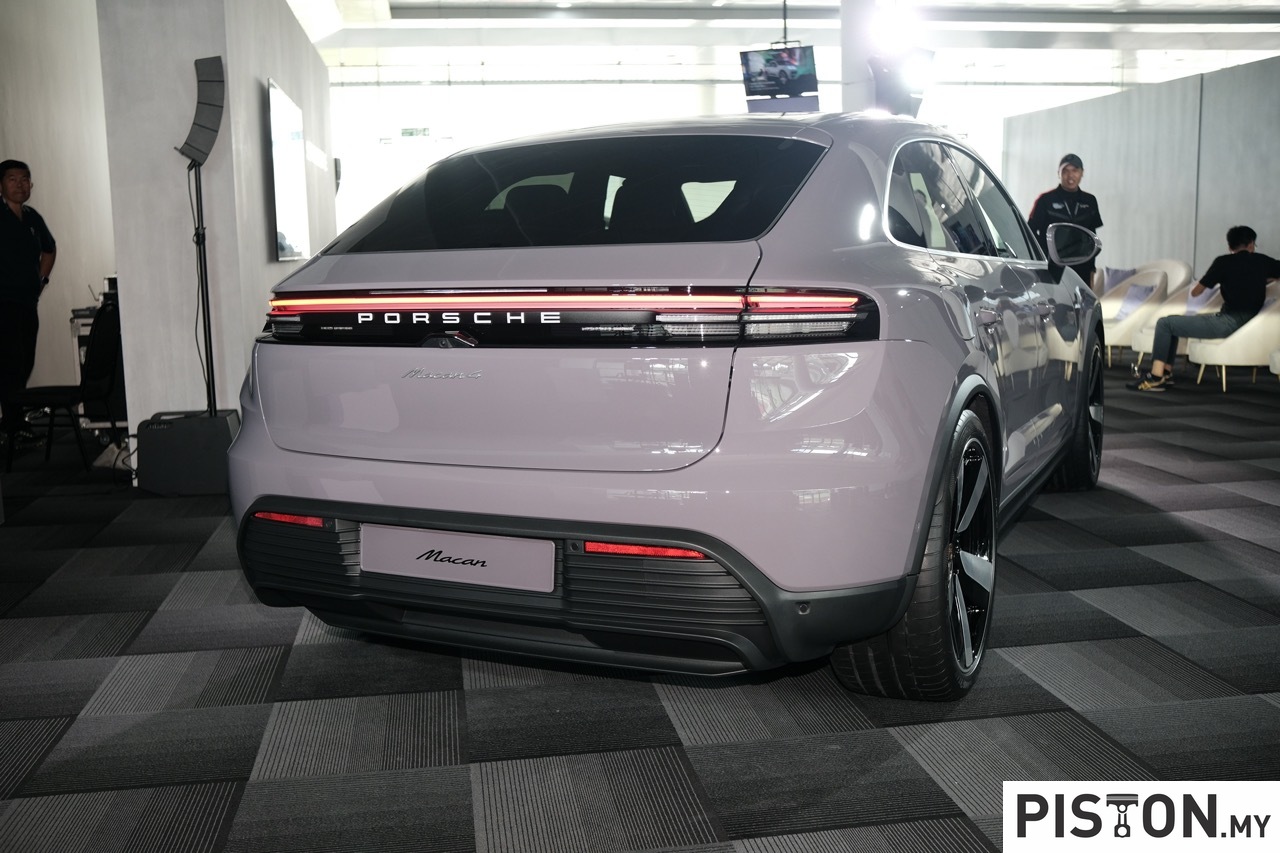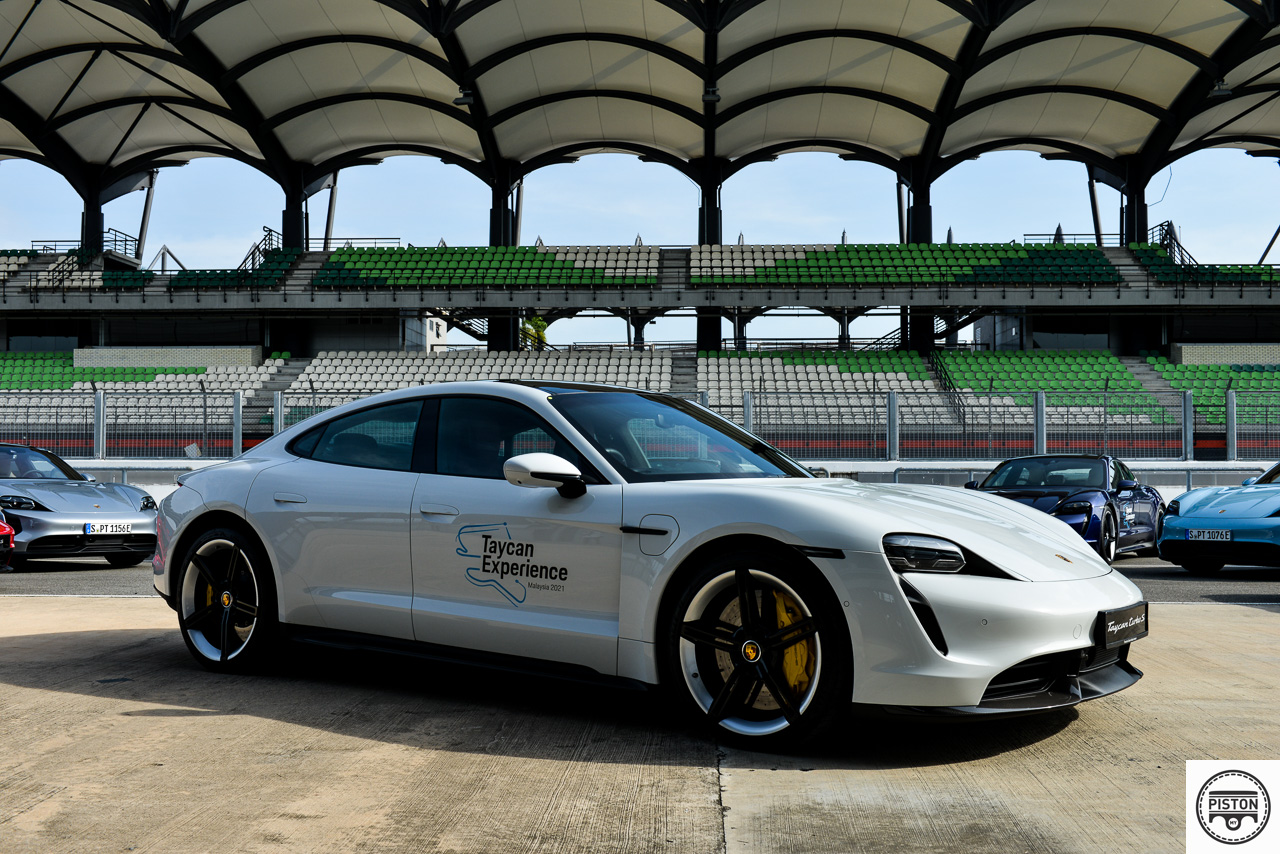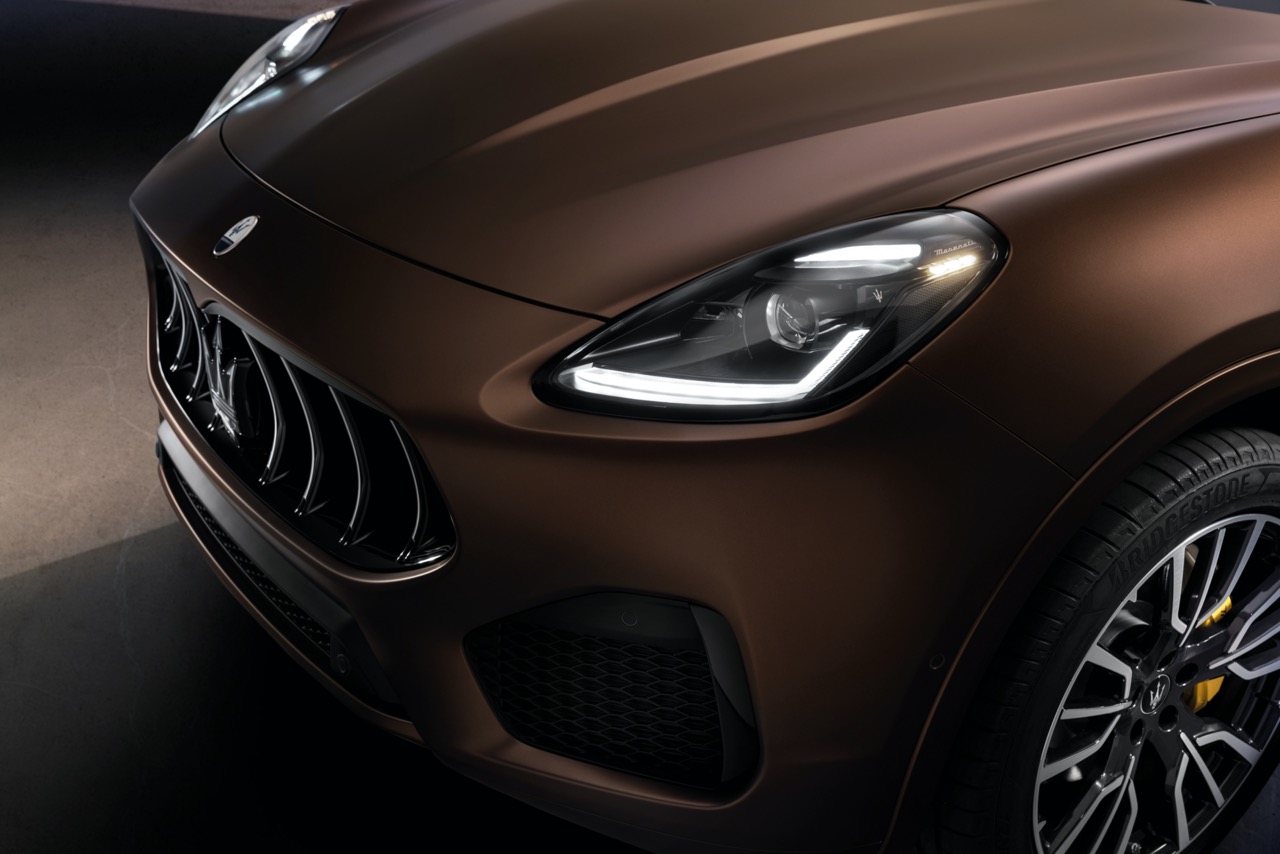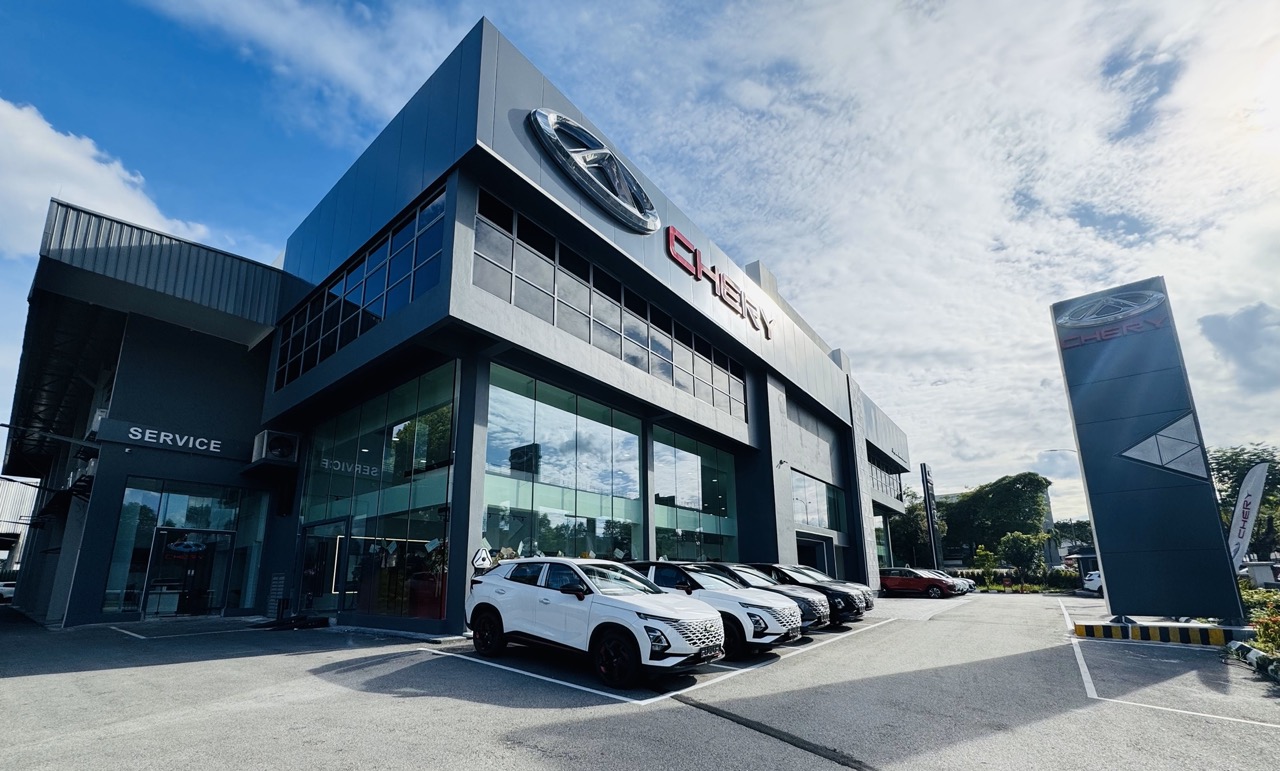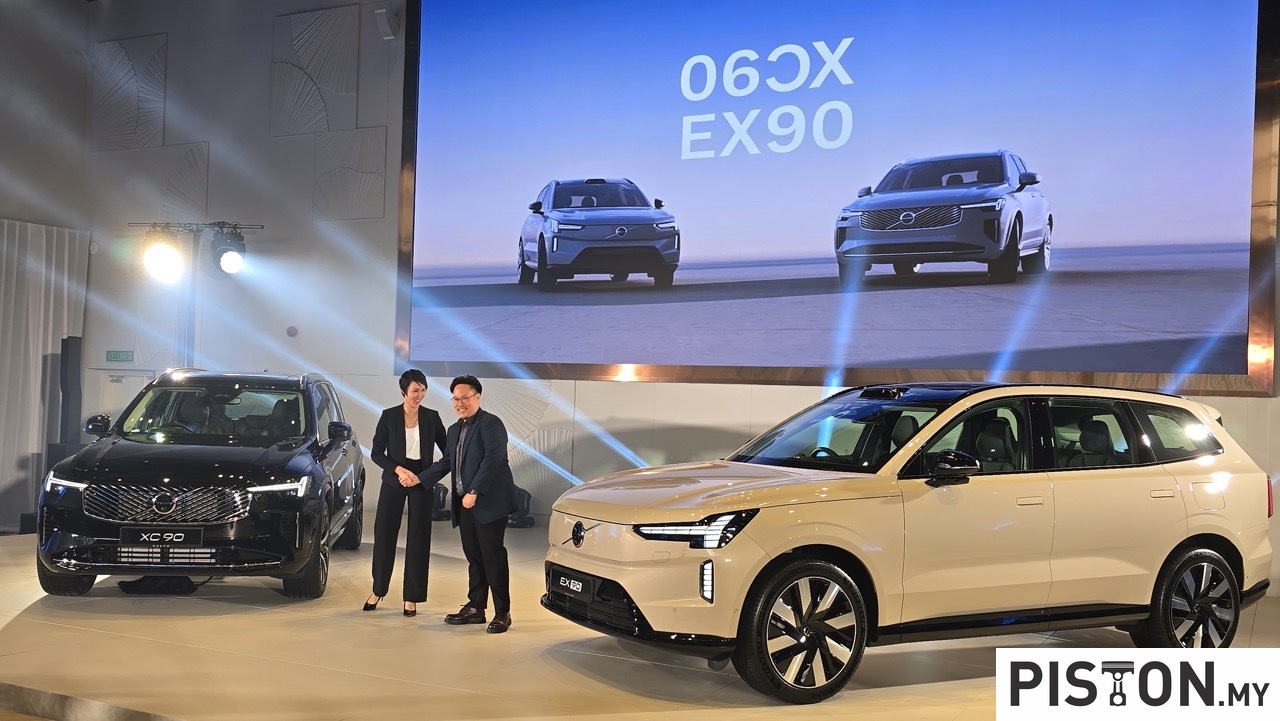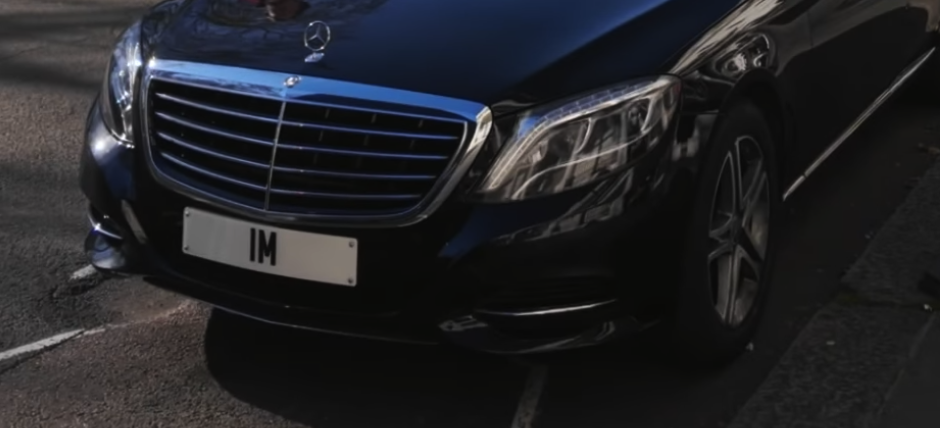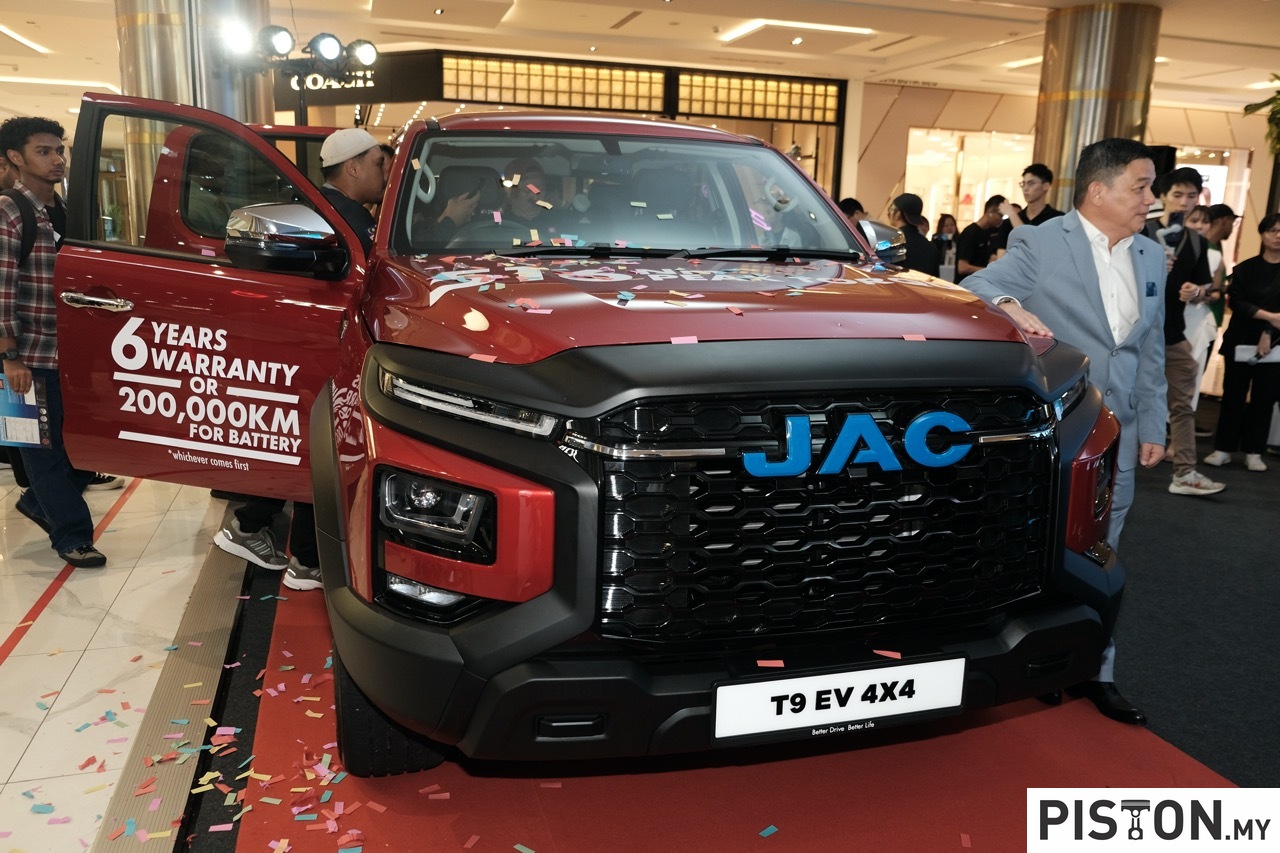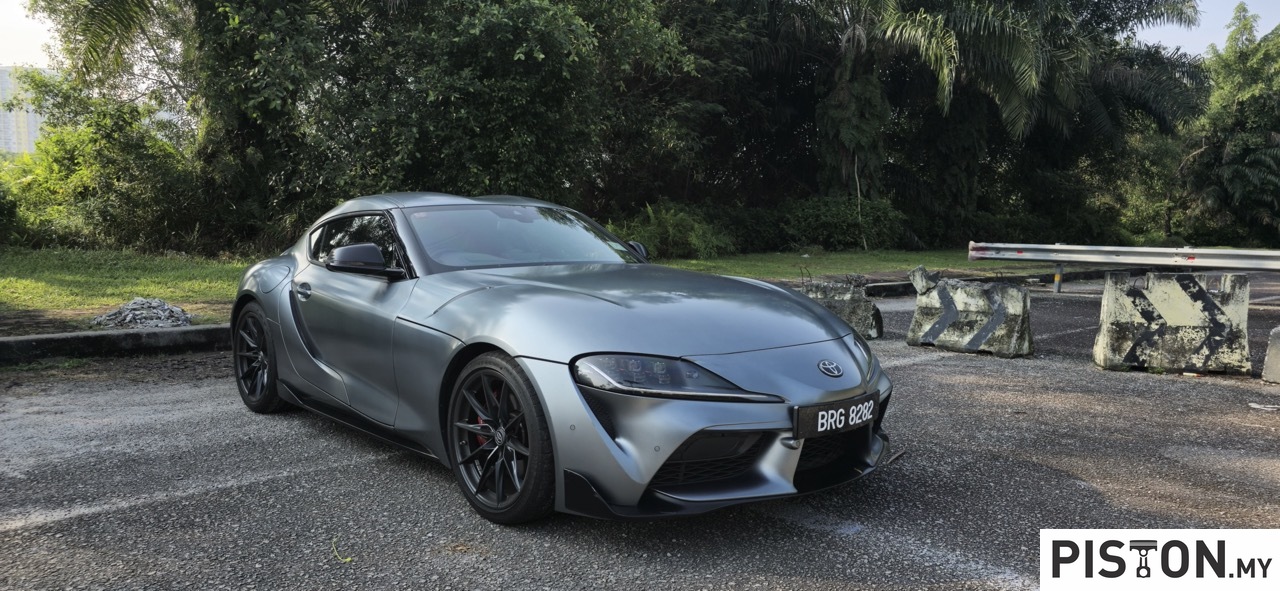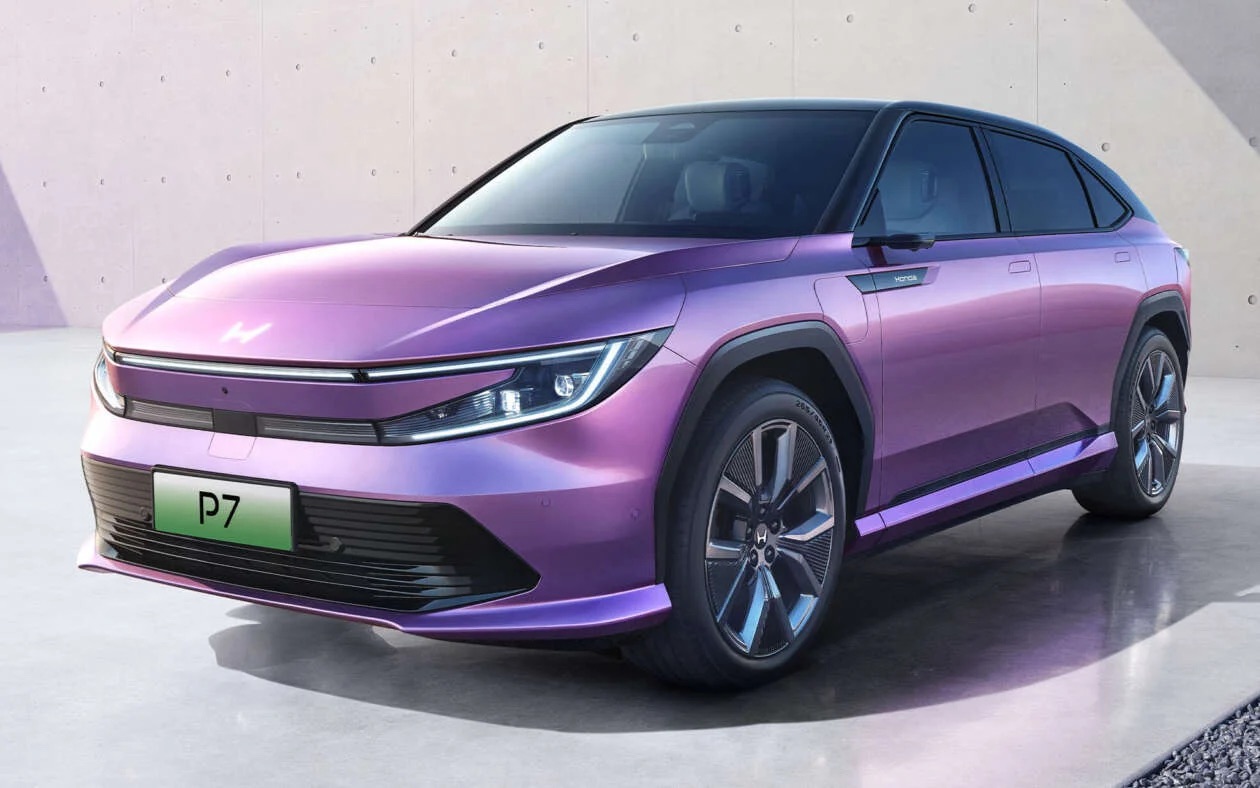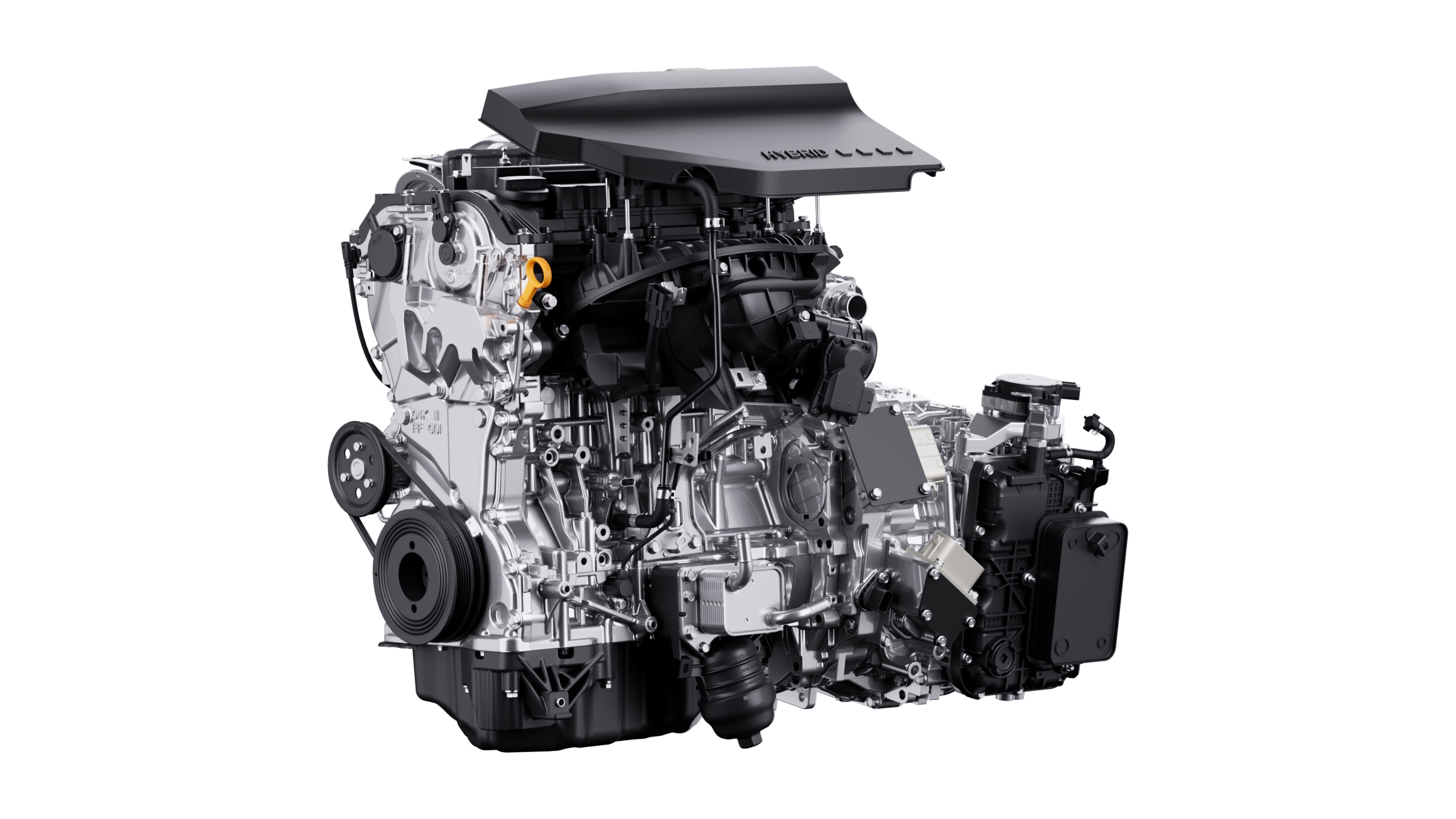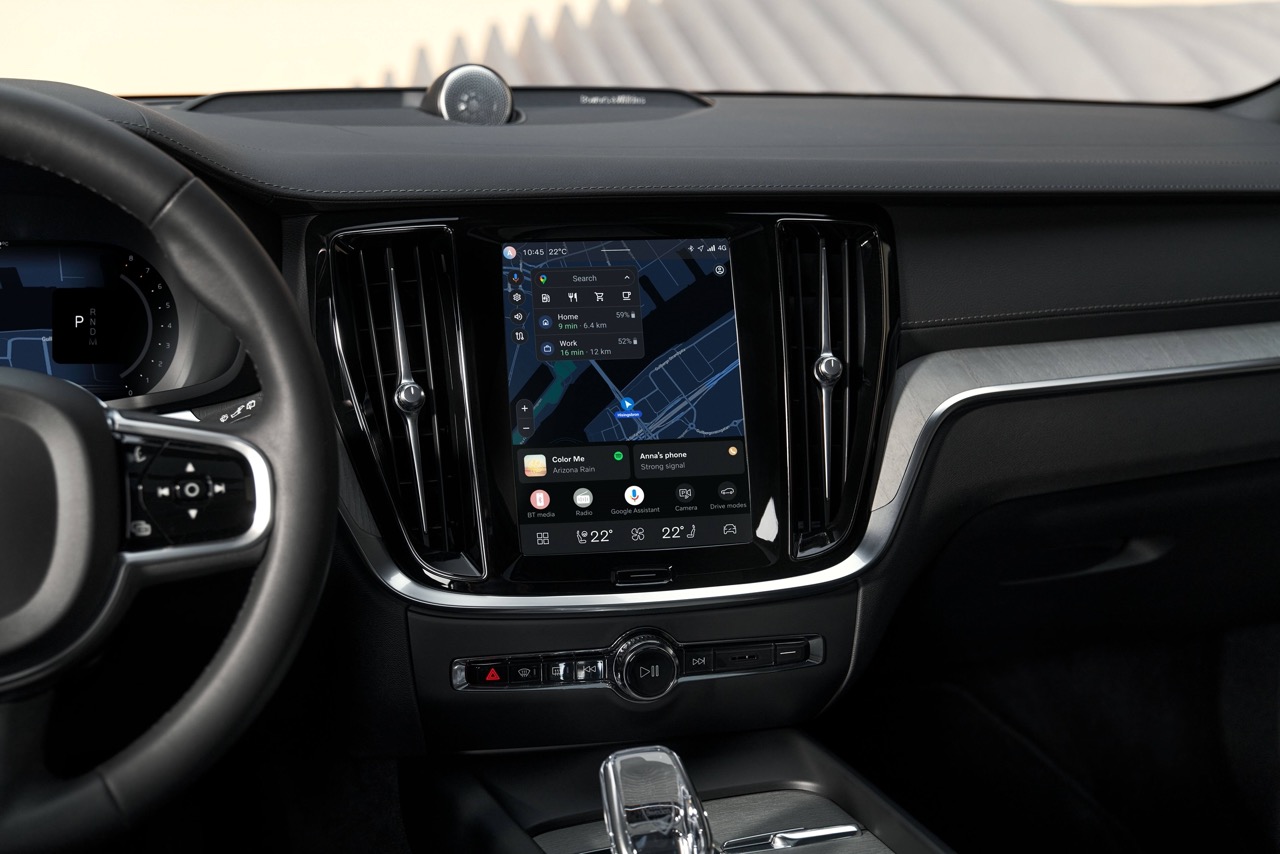Porsche has announced a reassessment of its ambitious target for electric vehicle (EV) sales, acknowledging that the transition to EVs is progressing more slowly than anticipated. The German automaker had previously set a goal for 80% of its sales to be all-electric by 2030, but it has now adjusted this target to be more contingent on customer demand and advancements in the electromobility sector.
Key Points from Porsche’s Announcement:
- Revised EV Target:
- Originally, Porsche aimed for 80% of its sales to be fully electric by 2030.
- The updated strategy now states that achieving this goal is dependent on customer demand and the overall development of the electromobility market.
- Customer Reticence:
- Porsche acknowledged that the transition to electric cars is slower than expected.
- The company highlighted the importance of its dual strategy, continuing to develop both combustion engine and electrified vehicles.
- Market Disparities:
- There is a notable disparity in EV adoption across Porsche’s key markets:
- China: High demand for EVs.
- Europe: Moderate demand.
- United States: Spotty and inconsistent demand.
- There is a notable disparity in EV adoption across Porsche’s key markets:
- Industry Context:
- Porsche’s recalibration aligns with similar sentiments expressed by other carmakers like Mercedes-Benz and Renault, who have also found that their earlier targets for fully electric sales were overly optimistic.
- Many customers remain hesitant to switch from gas-powered to electric vehicles, which affects the pace of transition.
- Strategic Adaptation:
- Porsche emphasised its “double strategy,” which includes the continued development of both combustion engine and electrified cars.
- This approach aims to address the varied market demands and ensure the company remains flexible in its product offerings.
Implications:
Porsche’s cautious adjustment highlights the broader automotive industry’s challenges in transitioning to electric vehicles. While there is significant progress and investment in EV technology, consumer adoption rates and market readiness play critical roles in achieving ambitious sales targets. By maintaining a flexible strategy that accommodates both traditional and electric vehicles, Porsche aims to navigate the evolving market landscape effectively.




